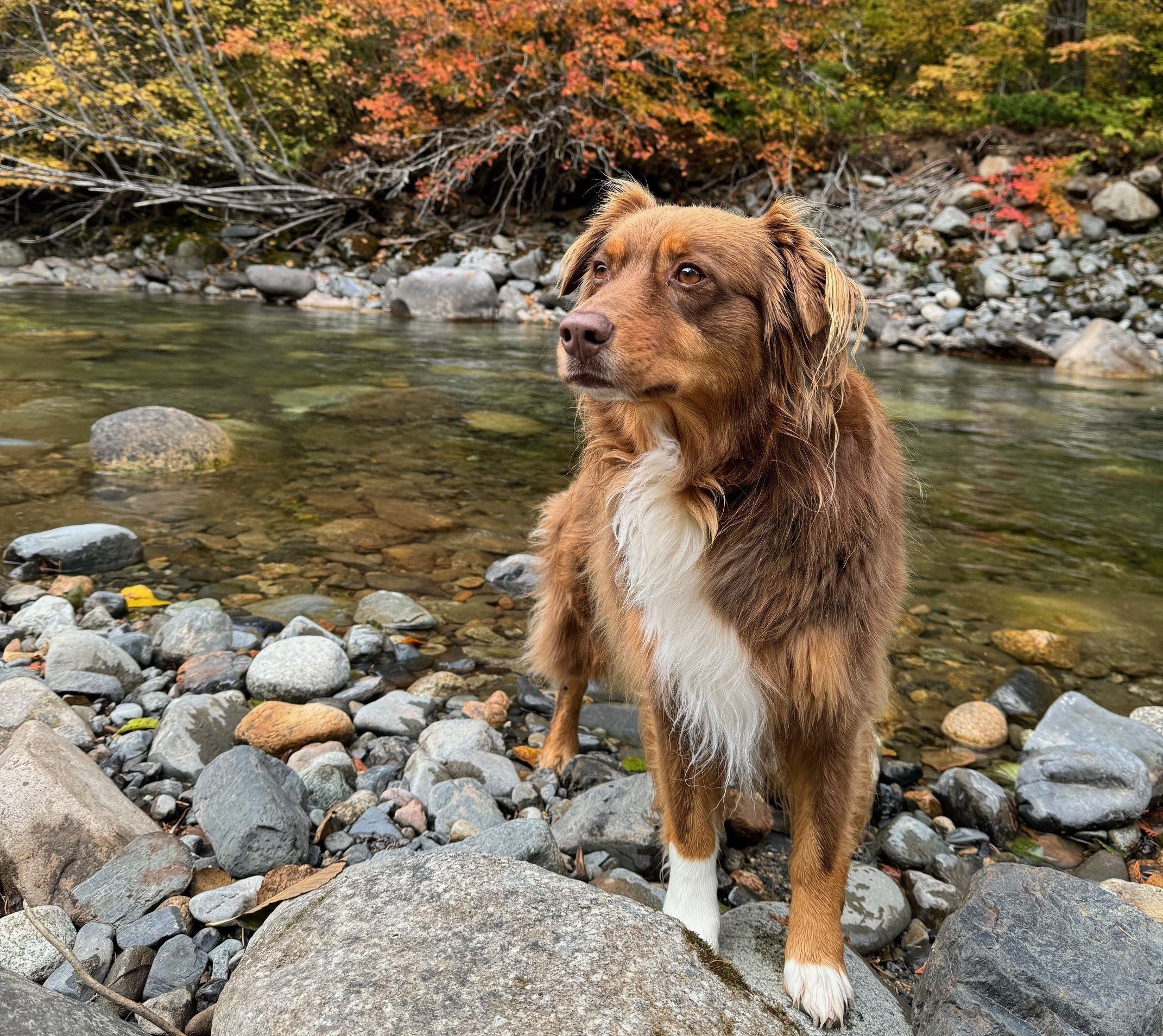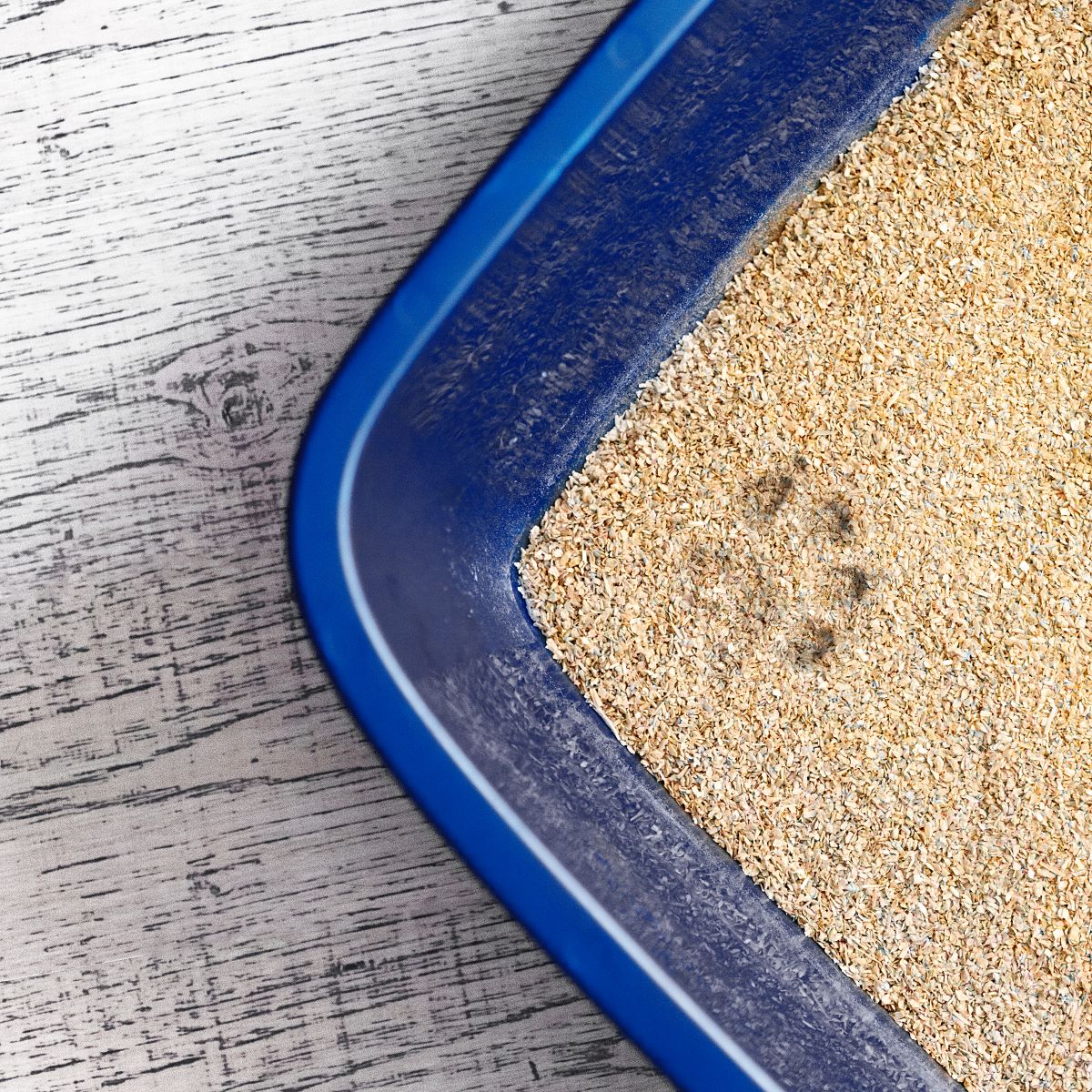
Signs Your Dog is Experiencing Anxiety and How to Help
Is your pup feeling the jitters? Relax, this happens commonly and luckily enough, there are some simple ways to calm an anxious dog. The first thing is to know the tell-tale signs of anxiety in dogs. Once you have this figured out, you can have a plan on how to soothe them. This might mean gently holding your pup to reassure them or even offering supplements for dog anxiety relief. This article reveals some of the best tricks to help ease your dog’s nerves.
What Causes Anxiety in Dogs?
Dogs, just like humans, experience anxiety from time to time. Some breeds are more prone to anxiety than others. According to a recent Forbes article, the Havanese is the most anxious dog breed. Other anxiety-prone breeds include the Australian Shepherd, the Doberman Pinscher, and the Beagle. The Labrador Retriever, the Rottweiler, and the German Shepherd featured among the least anxious breeds.
Regardless of the breed, dog anxiety occurs commonly and can be limiting. Here are some of the common causes of anxiety in dogs:
- Owner separation: this is one of the most common causes of anxiety in dogs. It happens when the dog is in a new environment and away from the owner.
- Loud Noises: loud and unfamiliar noises such as thunderstorms, fireworks, and construction sounds can cause anxiety in dogs.
- Vet visits: a visit to the vet, especially when previous visits were associated with pain, is likely to wreck your dog’s nerves.
- Social Settings: Dogs that are not well socialized can experience anxiety in social settings where there are many new faces
- Being left at home alone: dogs are social creatures and being “abandoned at home” may trigger anxiety
- Age related issues: cognitive decline that comes with age may cause anxiety in dogs.
Other causes of dog anxiety include meeting new people, interacting with other dogs, going on a car ride, and being around water among others.
Signs Your Dog May Be Experiencing Anxiety
Now that we’ve looked at some common causes, how can you tell when your dog is experiencing an anxiety attack? Here are some good signs to look for:
1. Excessive Barking or Whining
An anxious dog is likely to alert you by barking or whining continuously. If there’s no clear reason for this, anxiety could be the culprit.
2. Pacing or Being Restless
Anxious dogs are likely to be restless and unable to settle down.
3. Being Destructive
Destructive behavior is a sign of dog anxiety. The dog may be chewing furniture or other household items or throwing things to the floor. This is especially common when the dog has been left alone and hence feels abandoned.
4. Excessive Licking or Chewing
Anxious dogs, just like humans, will find a way to redirect their attention from the anxiety. This often includes fidgety behavior such as licking their paws or chewing themselves.
5. Hiding or Trying to Escape
In new settings, dogs with social anxiety are likely to hide behind chairs and curtains. They might take it further and try to bolt out of the door to escape from the situation entirely.
How to Help Your Anxious Dog
It can be distressing to watch your pup go through an anxiety attack. Here are a few things that you can do to make the situation better for both of you:
1. Remove The Trigger
The first thing to do is to remove the trigger, if possible. If the dog feels anxious because of being in a strange place, you can make this better by taking the dog back to familiar territory. During a storm, you can create a “safe zone” in the house where the noise is muffled.
2. Try CBD for Dogs
Cannabidiol, or CBD, has become an increasingly popular supplement for dog anxiety relief. CBD regulates the endocannabinoid system which controls fear and helps keep your pup calm during stressful situations.
3. Regular Exercise and Mental Stimulation
Physical exercise and mental stimulation can reduce your dog’s anxiety by keeping their mind occupied and away from anxious thoughts. This may include morning jogs or evening puzzles in a safe environment.
4. Try Desensitization
If your dog’s anxiety is triggered by stimuli such as thunderstorms or fireworks, desensitization might help. To do this, you need to expose the dog to the trigger at a low level and reward them when they stay calm. Over time, they’ll get used to the trigger and associate braving through it with a reward.
5. Consult with Your Vet
In severe cases of dog anxiety, it’s best to consult with your vet. There may be an underlying issue that requires prescription medication or a more aggressive approach.
Final Thoughts
Dog anxiety is a common issue, but it’s manageable with the right approach. This often includes creating a safe environment, using desensitization techniques, or even consulting a vet. It may also include incorporating supplements for dog anxiety relief such as CBD. Embracing the right approach will ensure your furry friend feels happy, safe, and secure regardless of the situation.
References
- Lu, H. C., & Mackie, K. (2021). Review of the Endocannabinoid System. Biological psychiatry. Cognitive neuroscience and neuroimaging, 6(6), 607–615. https://doi.org/10.1016/j.bpsc.2020.07.016
- Martin, F., Bachert, K. E., Snow, L., Tu, H. W., Belahbib, J., & Lyn, S. A. (2021). Depression, anxiety, and happiness in dog owners and potential dog owners during the COVID-19 pandemic in the United States. PloS one, 16(12), e0260676. https://doi.org/10.1371/journal.pone.026067











 email us
email us